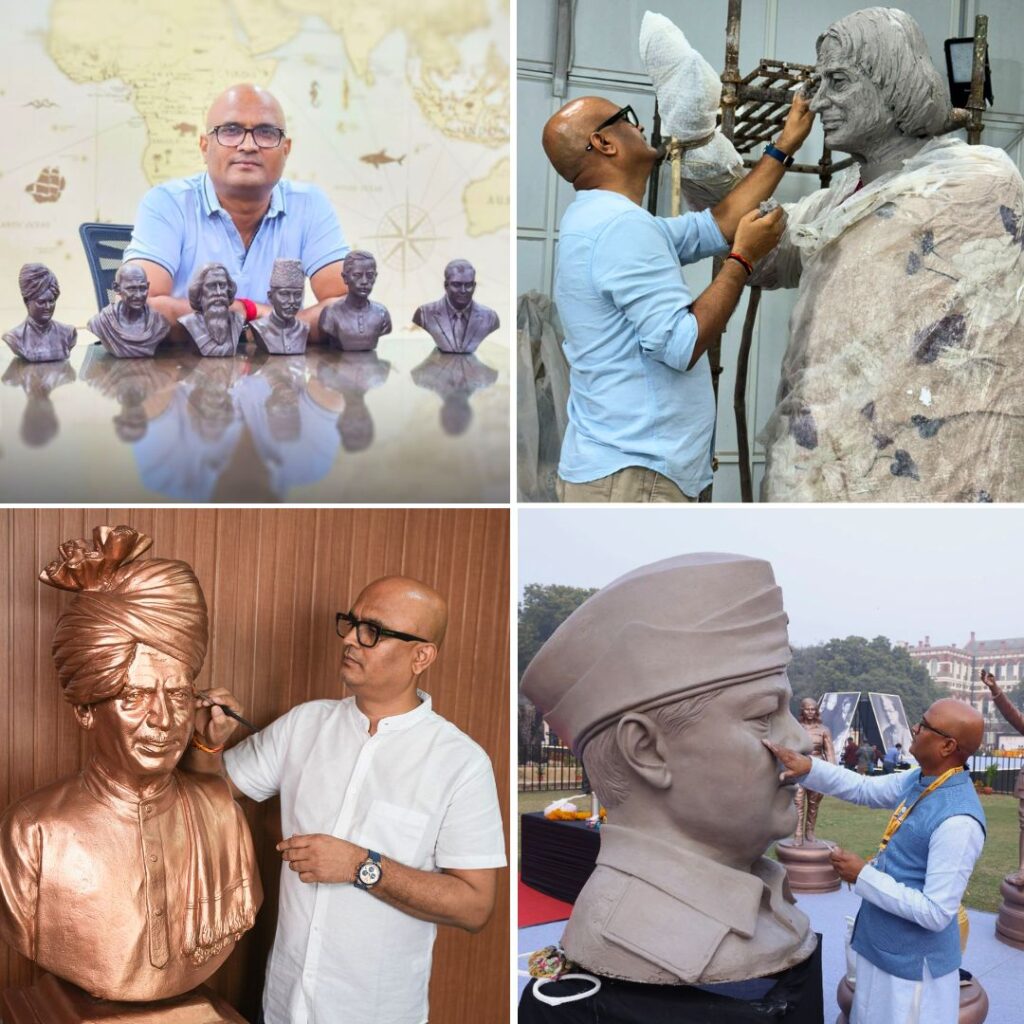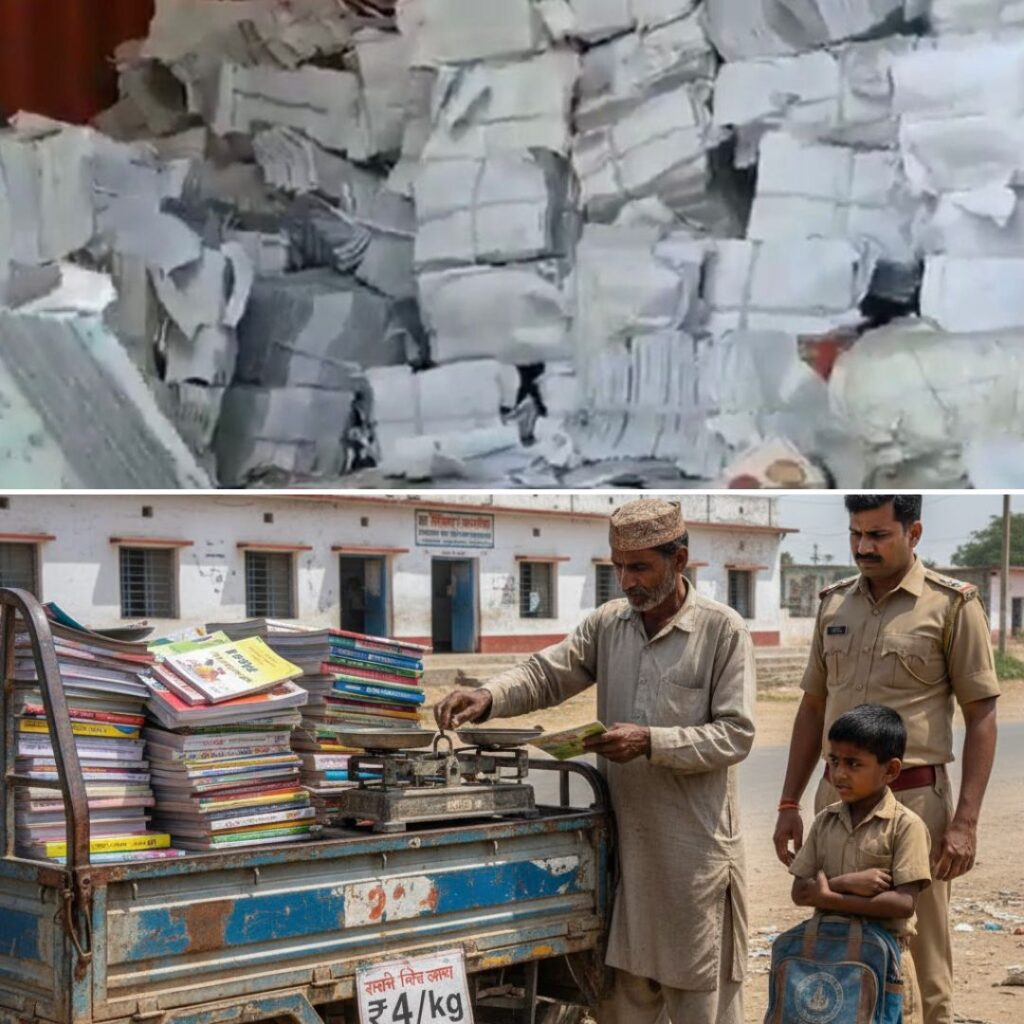A former Facebook employee has accused the social media giant Facebook of ignoring multiple evidence that showed the platform was being misused and manipulated by fake accounts for influencing elections or political affairs in various countries including India, Ukraine, Ecuador, Spain, Brazil and Bolivia.
In her 6,600-word internal memo, Sophie Zhang, a former data scientist at Facebook have given concrete examples of heads of government and political parties in these countries using fake accounts or misrepresenting themselves to influence public opinion.
The memo majorly is a massive account of social media giant’s failures, clearly explaining the network’s negligence towards such known activities or were too late to take any action against the acts that have affected the political fate of nations.
Zhang’s memo was accessed by American digital media BuzzFeed News. In her memo, she claims to have found evidence of planned campaigns arranged by various political parties in these countries to boost their candidates or malign rival candidate’s image, though she did not particularly mention the names of people who were behind it.
‘In the three years I’ve spent at Facebook, I’ve found multiple blatant attempts by foreign national governments to abuse our platform on vast scales to mislead their own citizenry, and caused international news on multiple occasions,’ the media quoted Zhang’s memo.
Zhang herself has been a part of making such decisions that have directly affected national presidents without any notice and have done against multiple prominent politicians globally that she has lost count, as she wrote.
‘I know that I have blood on my hands by now,’ Zhang wrote.
She has made many such countless decisions for countries from Iraq to Indonesia, from Italy to El Salvador. ‘Individually, the impact was likely small in each case, but the world is a vast place,’ she writes.
For India, the Delhi Assembly elections that took place in February has been mentioned. Zhang claimed that she worked to remove ‘a politically-sophisticated network of more than a thousand actors working to influence’ the polls. However, the political affiliations of the network were never publicly disclosed.
‘I worked through sickness to take down a politically-sophisticated network of more than a thousand actors working to influence the election,’ she wrote in the memo.
Last month, Facebook’s Indian operation had come under the radar after reports in the Wall Street Journal revealed that a top policy executive in the company had directed its employees from applying the company’s hate speech policies to ruling party politicians who delivered inflammatory speeches against other religions.
Other big confessions made by Zhang:
A couple of Facebook’s leaders had coordinated a campaign using thousands of unverified assets to boost President Juan Orlando Hernandez of Honduras to mislead the Honduran people. It took about nine months to act on it.The ruling political party of Azerbaijan used thousands of unauthentic assets to harass the opposition altogether. Facebook began looking into the issue a year after Zhang reported it. The investigation is still underway.She and some of her colleagues removed over 10 million fake reactions and fan accounts of high-profile politicians in Brazil and the US in the 2018 elections.A NATO researcher in 2019 had informed Facebook that he had identified Russian inauthentic activity on a high-profile US political figure that the network failed to recognize. Following, Zhang removed the activity, making sure the company’s negligence is not reported.In Ukraine, Zhang had found an unverified scripted activity supporting both former prime minister Yulia Tymoshenko, a pro–European Union politician and former presidential candidate, as well as Volodymyr Groysman. However, Volodymyr Zelensky and his administration was the only major group who were not affected, she wrote.Inauthentic activities from Bolivia and Ecuador were discovered by Facebook, but she chose ‘not to prioritize it,’ due to her workload.Once Zhang became aware of a planned manipulation on the Spanish Health Ministry’s official Facebook page during the COVID-19 pandemic, she found and removed about 672,000 fake accounts.
Zhang wrote that she is stuck in the middle of a situation that has an impossible escape, between her loyalties to the company and her responsibilities to the world as a whole. The other reason she said she released a memo was to make that the company’s efforts for the upcoming US elections do not take a toll.
Zhang even turned down a $64,000 severance package the company had offered her to avoid signing a non-disparagement agreement, which allowed her to disclose some facts internally.
‘There was so much violating behaviour worldwide that it was left to my personal assessment of which cases to further investigate, to file tasks, and escalate for prioritization afterwards,’ she wrote.
There were times when Zhang had to repeatedly mention and press on …











